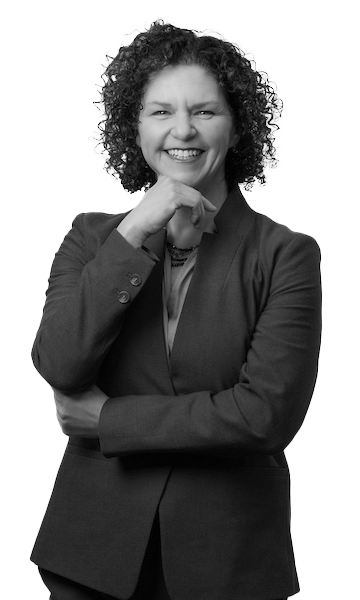
Enbal Shacham, Ph.D.
Associate Dean for Research, College for Public Health and Social Justice
Professor, Behavioral Science and Health Equity
Dr. Enbal Shacham is a researcher at the forefront of geospatial health, which uses geospatial data and technology to bring new insight to public health challenges and design innovative interventions. By advancing research initiatives that span academic disciplines and sites around the globe, Shacham is improving health equity for all.
In 2023, Shacham was named to the board of directors for the United States Geospatial Intelligence Foundation. In SLU’s College of Public Health and Social Justice, she teaches and mentors the next generation of global public health experts.
What is the focus of your work?
My work aims to improve health equity in neighborhoods through cross-disciplinary research, teaching and practice. This type of collaborative research leads to a more comprehensive understanding of how where we live, work and play impacts our opportunities for health and flourishing. My research has a foundation in geospatial health, which has grown due to great technological advances, including smartphones and satellite imagery that provide real-time data. These data provide insights into human and animal mobility and climate changes, and help us locate resources that, when used collectively, can predict and prevent emerging infectious diseases such as MERS-CoV or COVID-19, as well as challenges to managing asthma due to air pollutant exposure. These grand challenges only amplify the need to collaborate with diverse sets of researchers and practitioners, and to train our students to do so as well.
In what other ways is the impact of your work felt?
For the past six years, I’ve focused on leading collaborative geospatial science opportunities across campus and with other institutions in the region. As one of the founding directors of the Taylor Geospatial Institute (TGI), I worked to break down silos and convince researchers that we can better respond to challenges when we work together. I continue to grow my voice in building collaborative environments by serving on the boards of directors of local and national organizations that guide the impact on students and communities nationally, internationally and locally.
Can you describe a personal experience in which you felt your work had an impact?
Launching the TGI was particularly impactful for all of SLU, affiliated institutions and the region. With the excitement generated by this gift, we were able to commit to building a future that includes a stronger community of geospatial scientists and professionals that addresses challenges through this multi-institution effort.
I also am particularly proud of the impact I have on my doctoral students. I love watching them grow in skills and curiosity as they are challenged to identify research questions and methods to answer them. I take this responsibility seriously, as I want to support the next generation with guidance and welcome them into rooms earlier than I was able to enter. I cherish their appreciation.
Describe in general the importance and impact of the research taking place at SLU.
SLU provides faculty members with the time and focus to conduct deep, curious research. This protected time allows researchers to explore, think and partner to better answer complex questions that span different areas of expertise. We get to explore how diverse determinants impact any one of our society’s challenges through collaboration to better understand disparate science and develop solutions.